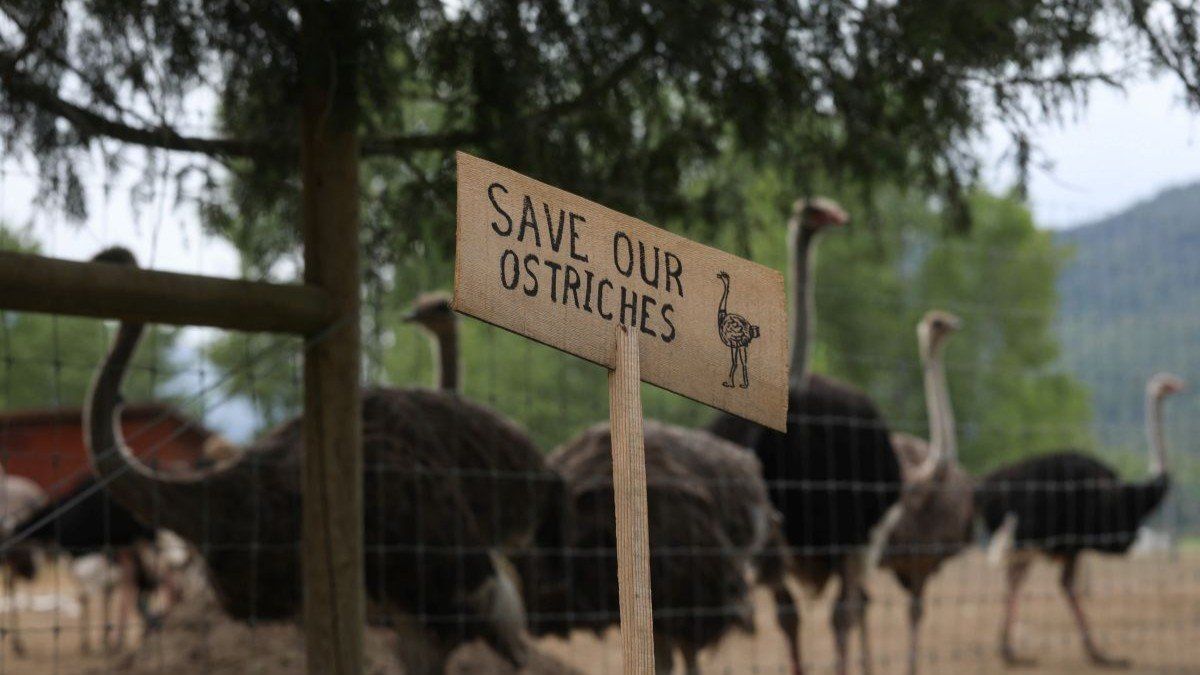300: Senior Trump administration figures, including Robert F. Kennedy Jr. and Mehmet Oz, are lobbying Canada to spare over 300 ostriches set to be culled due to bird flu concerns at a British Columbia farm. The farm’s owners dispute the extent of the outbreak, arguing most birds are healthy. Oz has offered to relocate the ostriches to his Florida ranch. Canadian officials insist they must be killed to protect public health and the poultry industry, as avian flu outbreaks spread across both countries.
5: Currently, 75 cents of every dollar Canada spends on defense goes to the US defense industry. But Prime Minister Mark Carney says he wants Canada to join ReArm Europe — a major European defense initiative — by July 1, in order to reduce reliance on US military spending. ReArm Europe aims to increase member nations’ defense spendings to 5% of GDP and, crucially, to do so without heavily importing from US arms manufacturers.
17,000: Over 17,000 people are being evacuated in Manitoba amid the province’s worst start to the wildfire season in years. There are 134 active fires across Canada — half of them burning out of control — in British Columbia, Alberta, Saskatchewan, Manitoba, and Ontario, while the country braces for another deadly fire season.
$61 billion: US President Donald Trump says he has told Canada it will have to pay $61 billion to be part of his proposed Gold Dome missile defense system — or it can be included for free if it becomes the “cherished 51st state.”
